Is Your Liver Health Affecting Your Hormones?

Tired all the time? Struggling with mood swings, stubborn weight, or unpredictable cycles? It’s easy to blame our hormones. While they do play a role, sometimes the real culprit is hiding in plain sight: our liver. This powerhouse organ not only filters toxins, it’s a master regulator of hormones, helping produce, activate, and clear the chemicals that keep our body running smoothly. When it gets backed up or stressed, hormone imbalances aren’t far behind. The good news? Giving our liver a little support can go a long way toward bringing our hormones, and our sanity, back into balance.
How the Liver Affects Hormones
Our livers are in charge of over 500 important processes[1]. From filtering blood, processing nutrients, creating bile to support digestion and detoxification, to supporting healthy sugar balance in the body, and more! Tucked in that huge number of tasks are those related to our hormones.
The liver produces hormones and hormone precursors that help regulate blood pressure, growth, metabolism, tissue repair, platelet production, and iron homeostasis[2]. Proteins used to bind sex hormones, cortisol, and thyroid hormone are also made in the liver[3].
Without our livers, we wouldn’t be able to activate our thyroid hormones, which play a part in our energy levels, or convert Vitamin D, needed for connective tissue integrity, into a usable form[3].
In fact, several of our hormones can only be inactivated and eliminated by the liver [3,4]. They include:
- Steroid Hormones
- Sex Hormones
- Thyroid Hormone
- Insulin
- Glucagon
- GLP-1
Our livers do a lot to keep us healthy and energized. So, what happens when our livers struggle to keep up with the many tasks they perform?
What Happens When the Liver Gets Overloaded
There are a few factors that play into liver overload. It could be a buildup of toxins from poor lifestyle choices and/or environmental factors. Our liver might be building up fatty deposits, because our metabolism is off. Other injuries to the body, due to chronic disease or certain viral infections, may cause the liver to form scar tissue in response. Regardless of the form of overload, they all affect our liver’s ability to do what it needs to do to keep us healthy[5].
When our liver processes are stressed, it doesn’t take long for our hormones to shift out of balance. Estrogen levels may rise, while testosterone levels may decrease. If estrogen levels get too high, for a long period of time, we may start to experience estrogen-dominant symptoms like weight gain, mood swings, heavy periods, gynecomastia (enlarged breasts) and testicular atrophy in men, and increased risk of estrogen-based cancers[6].
Thyroid hormone cannot be converted into its active form, or vice versa. A healthy ratio of active and inactive thyroid hormone is not only needed for thyroid health, but to have sustainable energy and a clear mind[5].
In cases where our liver is creating fatty deposits, it’s often a sign that the regulation of insulin and glucagon hormones is out of balance. This can lead our blood sugar control to move dramatically between too much sugar in the blood to not enough. This rollercoaster may lead to intense cravings, headaches, irritability, and possibly more serious health concerns like type II diabetes or hypoglycemia[6].
So, how do we know when our liver is falling behind in inactivating and eliminating our hormones?
How Can I Tell If My Liver Is Messing Up My Hormones?
We don’t really. Because the liver takes care of so many things, we often find ourselves blaming other organ systems when we find ourselves experiencing these symptoms [7]:
- Waking up between 1-3 AM (see Organ Clock[8])
- Gaining or losing weight
- Constantly feeling bloated or noticing changes in digestion
- Achy bones
- Irregular or heavy periods
- Fatigue, irritability, anxiety
- Headaches or migraines (sometimes before periods)
- Reduced sex drive
- Dry skin
- Sensitivity to temperature (hot and cold)
Whether these symptoms are actually caused by our liver or the other organ systems, we don’t really know until we’ve had our liver enzymes and hormone levels tested. True liver congestion symptoms don’t appear until the issue is quite advanced. Which means, the symptoms listed above might be the closest thing we have to an early storm warning where our livers are involved.
Blood tests like these can provide us with helpful information[9], but we don’t need to wait for results to start taking steps to support our liver health today.
Simple Ways to Support the Liver
Liver cleanses and detox programs are often promoted to kick off this process, but some of us just don’t have the time or capacity to clear our schedule to get the most out of it. Below are a few lifestyle shifts and herbs that can support liver health without needing to spend ten days drinking lemonade spiked with cayenne pepper and maple syrup.
Replace Processed Foods with Whole Foods:
It helps to remember that real, whole foods are the liver’s best friends[10]. Our morning cup of coffee or tea? Those aren’t guilty pleasures. They’re protective allies, helping our liver filter and detox more efficiently. Bright fruits like grapefruit, blueberries, and grapes deliver antioxidants that protect liver cells and help balance hormones naturally.
Greens and cruciferous veggies, like spinach, sprouts, and artichokes, fuel our body’s natural detox systems. Hearty staples like lentils, beans, flax, and oatmeal steady our blood sugar (which keeps liver stress low). Healthy fats from olive oil, avocado, and coconut oil support healthy inflammation levels, and omega-rich fish or tofu give our liver what it needs to build and repair.
Even our spice rack holds hidden support: garlic, onion, turmeric, cardamom, and cumin all boost detox capacity and hormone clearance. And don’t forget fermented favorites like kefir, kimchi, and kvass. They feed the beneficial bacteria that make our gut-liver partnership thrive.
Of course, food is only one piece of the puzzle. Herbs have long been trusted allies for the liver as well—especially those that help cleanse, protect, and restore balance naturally.
Liver Supporting Single and Formulas:
Milk thistle and dandelion root are two of the best-known liver tonics. Milk thistle’s active compound, silymarin, helps protect liver cells from damage and encourages repair, while dandelion promotes healthy bile flow to flush out toxins and support digestion. You’ll find both of these herbs in our Liver Love formula, a gentle but powerful blend that nourishes and supports the liver.
Turmeric is an antioxidant-rich herb that helps calm inflammation and prevent fat buildup in the liver. It works hand in hand with the other herbs in our Detox Defense, which helps the body clear out everyday toxins while supporting balanced liver function.
Licorice and green tea help soothe inflammation and support healthy liver enzyme levels. These actions pair beautifully with Natural Balance, which supports healthy hormone levels and allows the body to manage stress more effectively. Similarly, burdock and figwort act as natural detoxifiers and gentle cleansers, complementing our Nourish (Me, Her, Him) Naturally line by supporting the body’s nutrient needs for smooth detox and steady energy.
Artichoke and schisandra may not get as much attention when it comes to liver support, but they’re incredible in their own right. Artichoke helps the liver process fats and cholesterol more efficiently. Schisandra acts as an adaptogen, boosting the body’s ability to manage stress, support hormone balance, and protect liver health long-term. You’ll find similar support for the hormone-liver connection in Lunamore and Postpartum Balance.
Finally, Cod Liver Oil and Vitality Oil provide essential fatty acids and vitamins that the liver needs for smooth detox and hormone production. For those who want to understand the deeper connection between the liver and hormones, our “What No One Tells You About Hormone Balance” guide offers practical insights and next steps for restoring balance naturally.
So, before we write off every low-energy day or mood swing as “just hormones,” we may want to take a closer look at our liver. When this crucial organ is supported with the right foods, lifestyle choices, and gentle herbs, it can help regulate hormone levels, improve energy, and even ease frustrating symptoms like bloating, cravings, or brain fog. By caring for our liver, we’re not just helping our hormones, we’re giving our whole body a chance to thrive, even on the busiest days.
Disclaimer - This blog post is provided for educational and informational purposes only and does not constitute providing medical advice or professional services and its statements have not been evaluated by the FDA. The information provided should not be used for diagnosing or treating a health problem or disease. Always seek the advice of a qualified health care provider regarding a specific medical condition.
Check out these products!
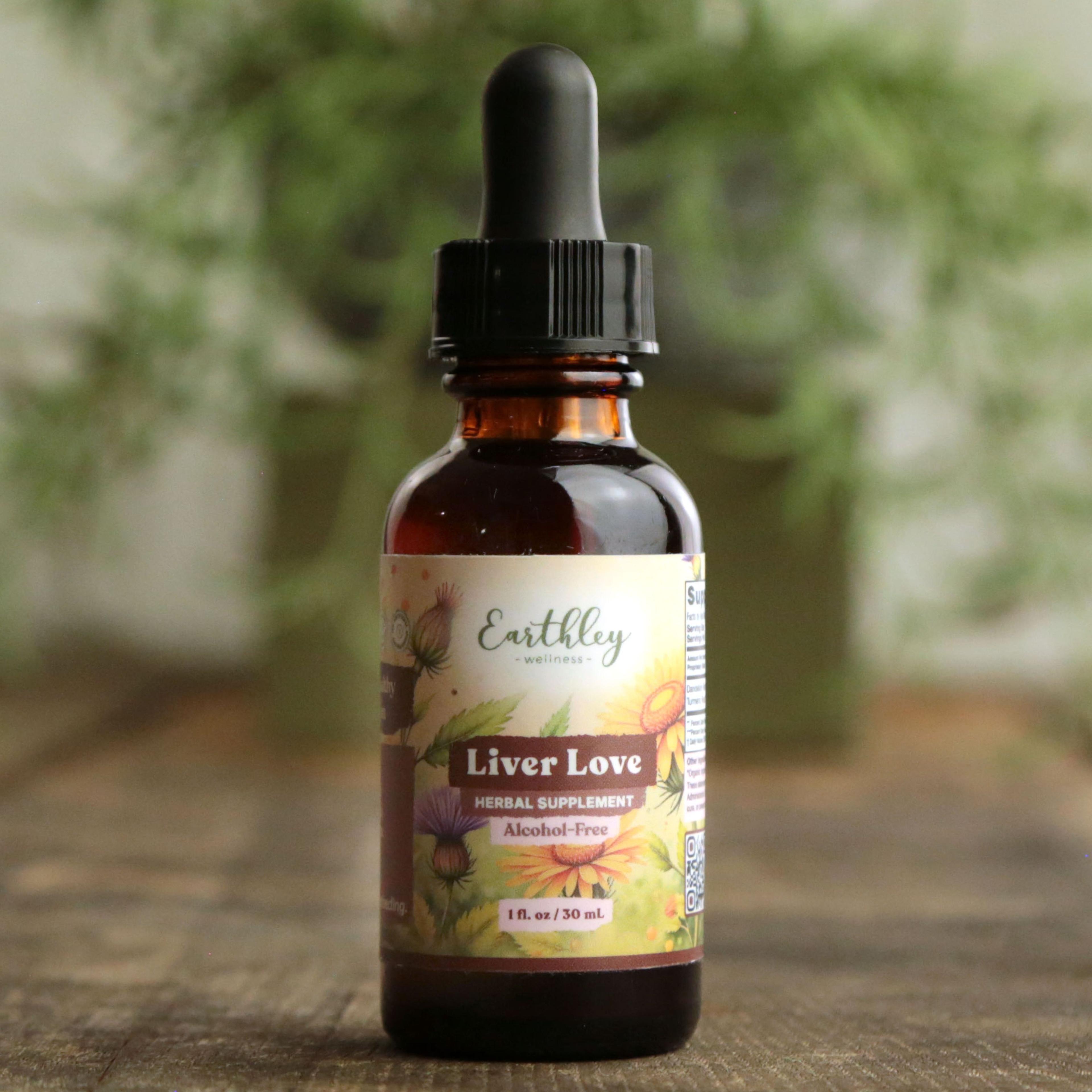
To support healthy liver function
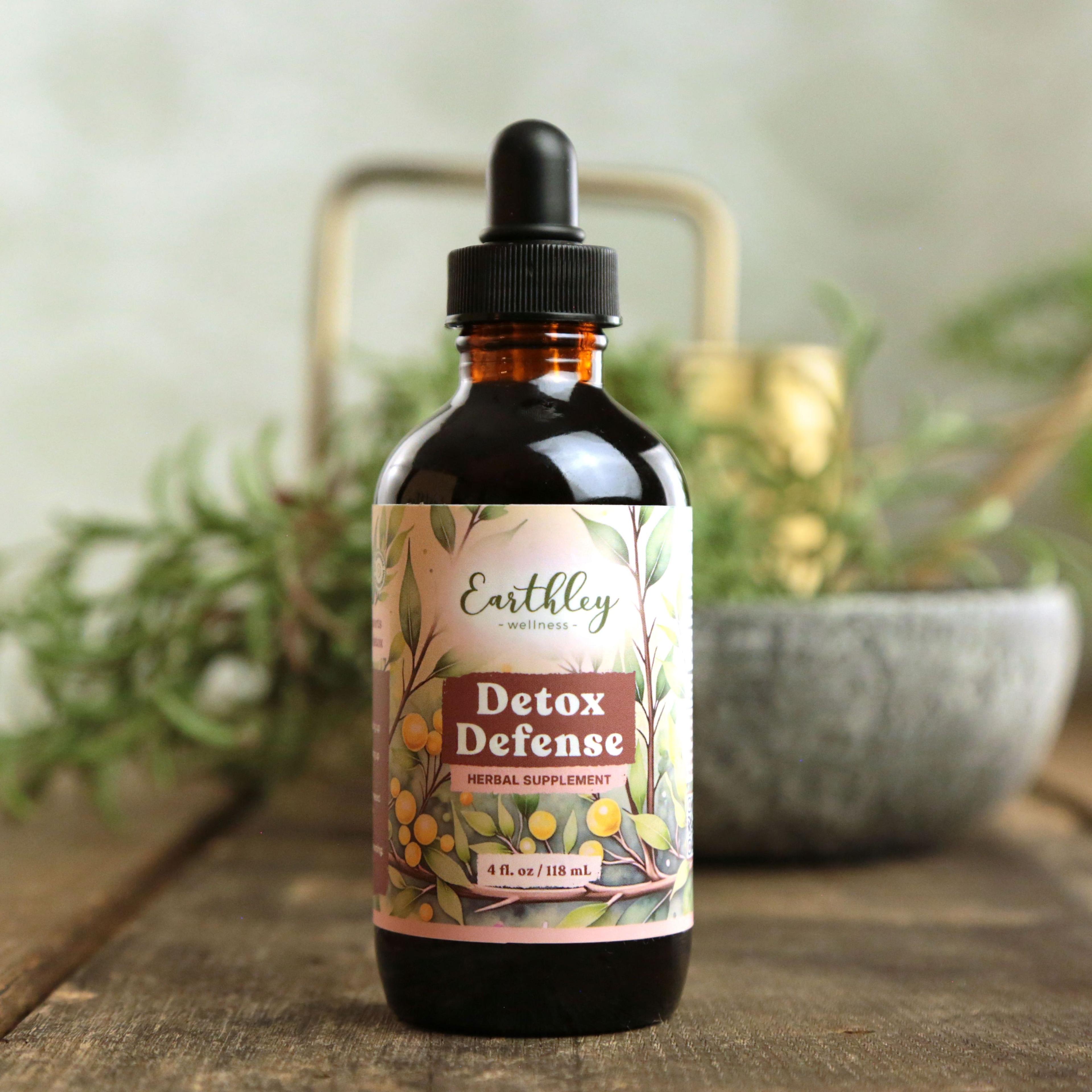
To support liver and lymphatic health
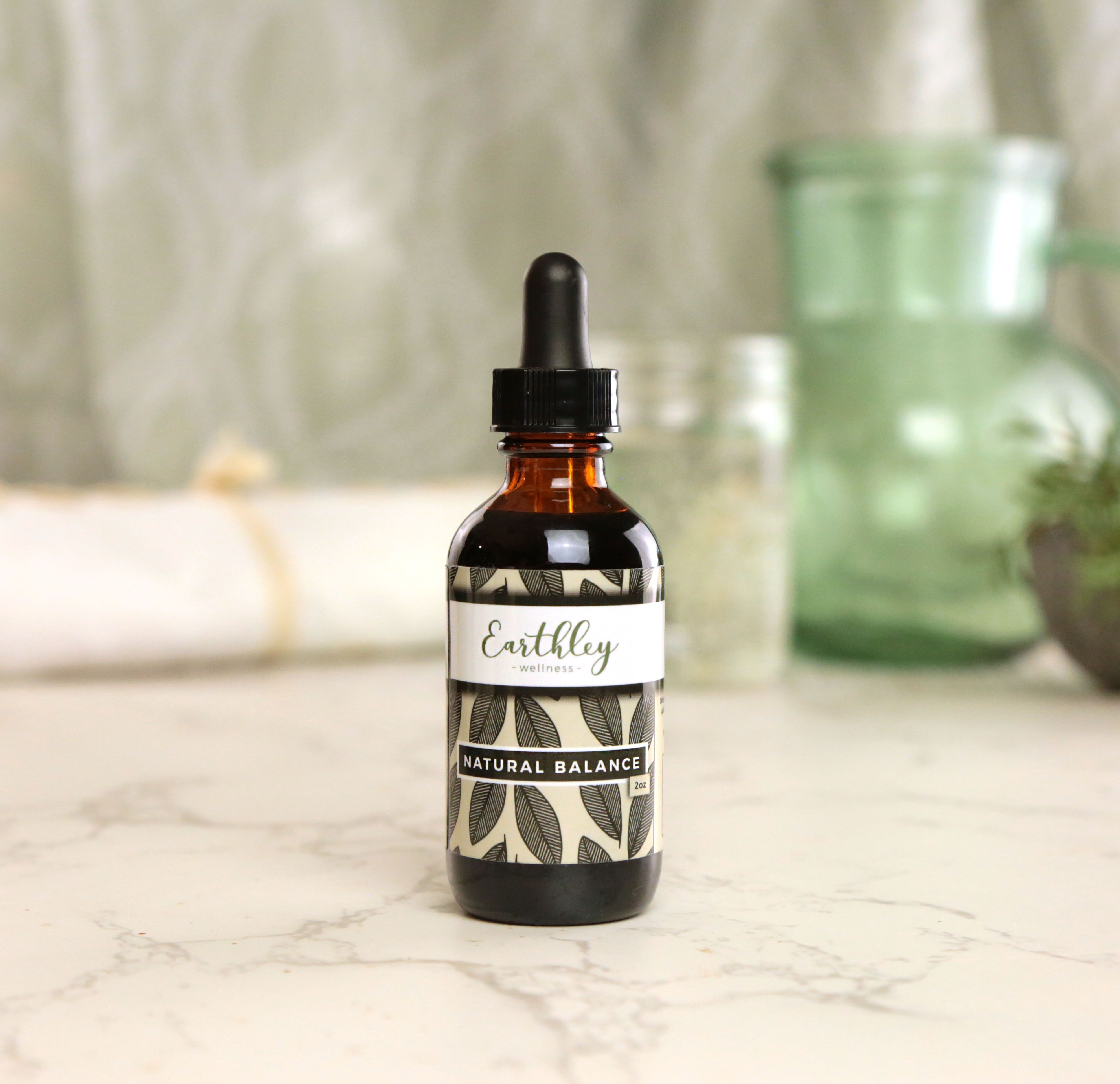
For hormone and energy support.
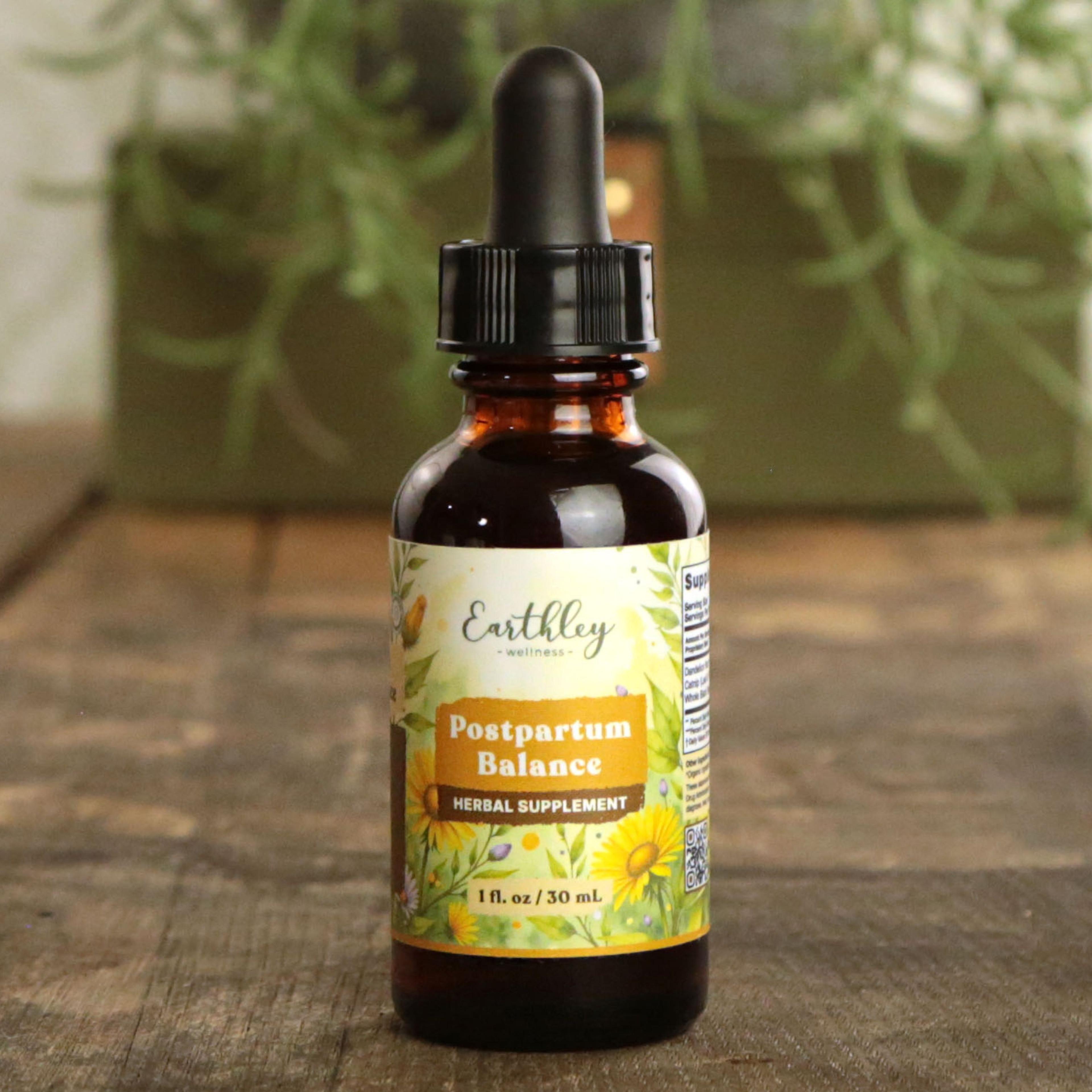
For women's hormone balance
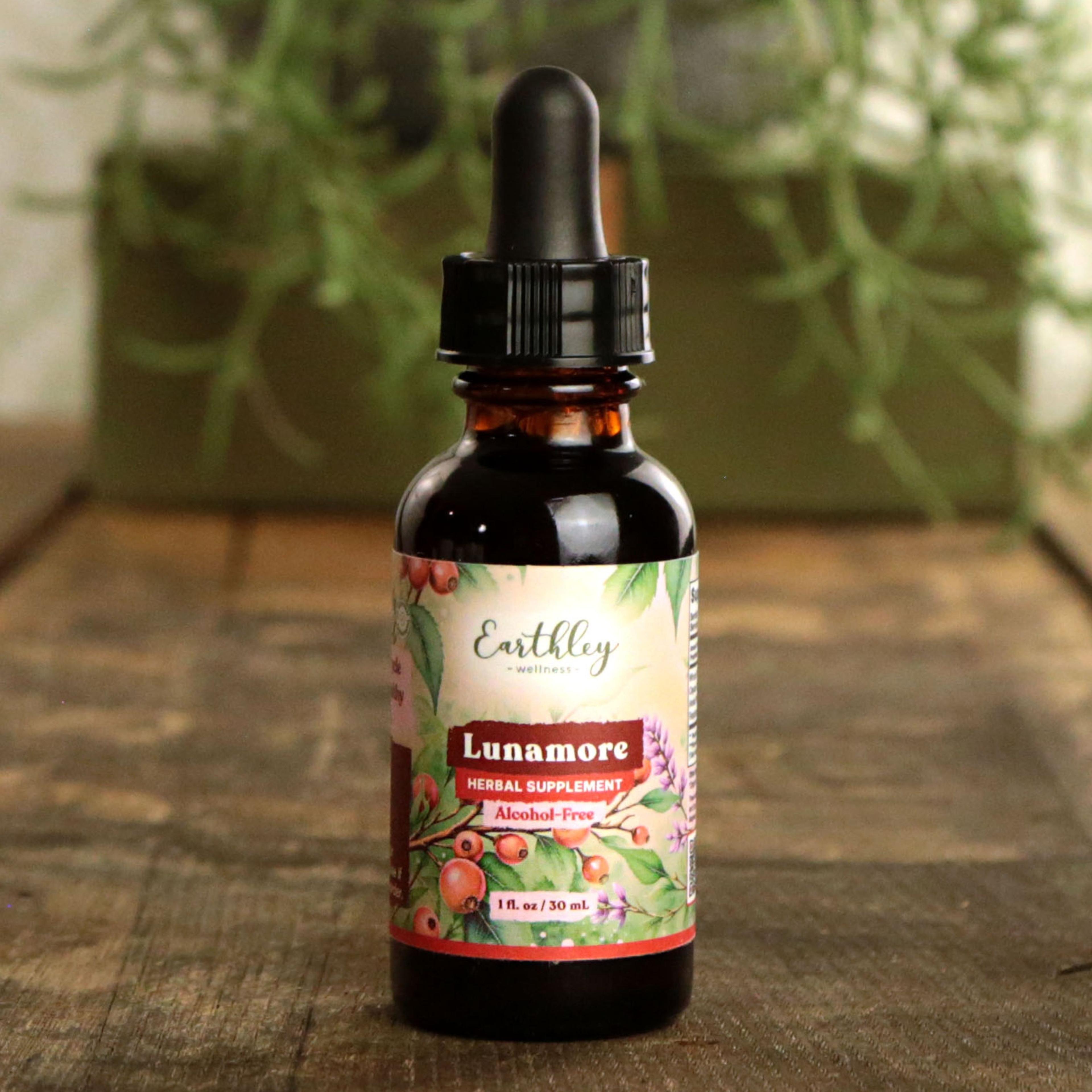
Balances your cycle and supports healthy metabolism
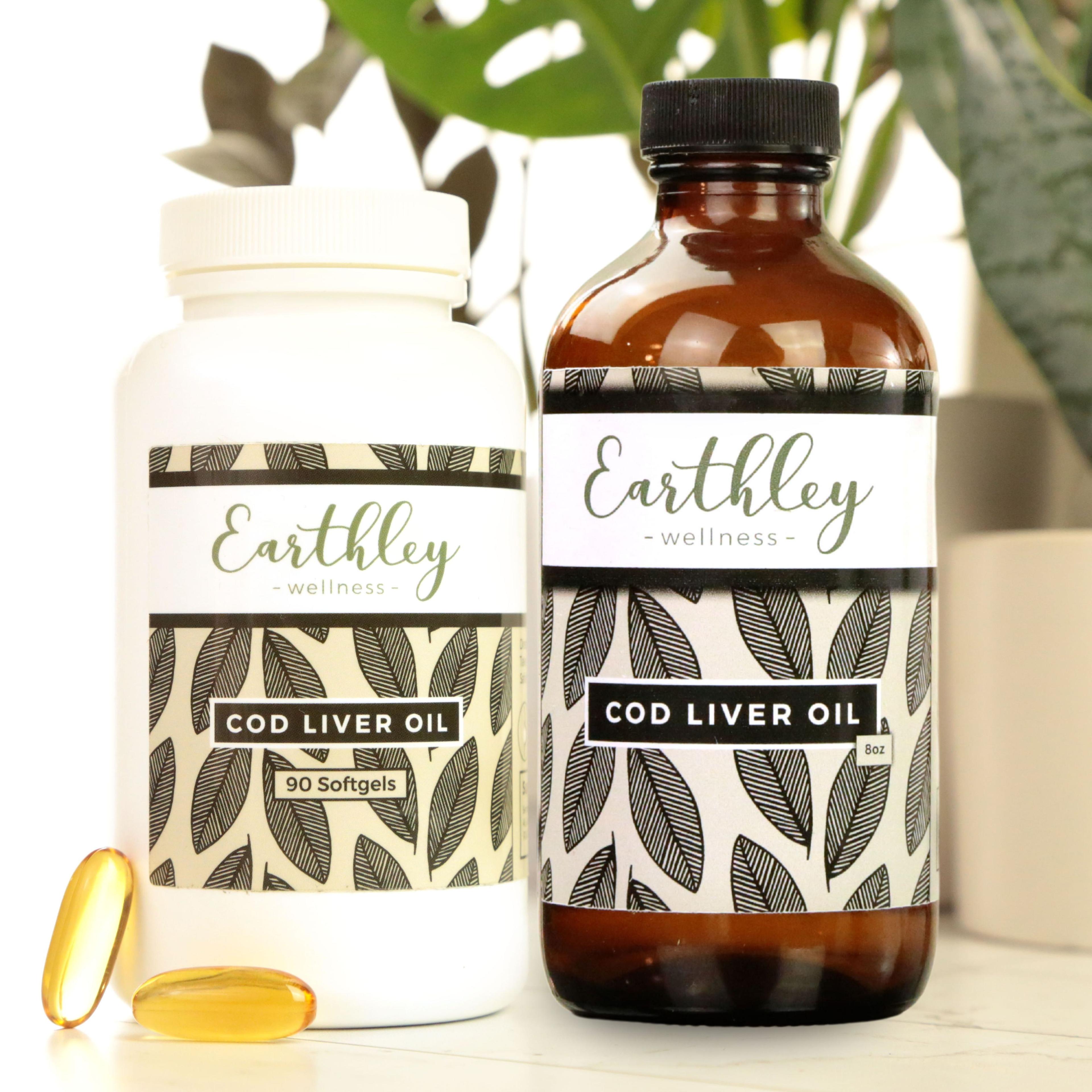
A rich natural source of vitamins A and D and omega-3 fatty acids that support immune, brain, and gut health
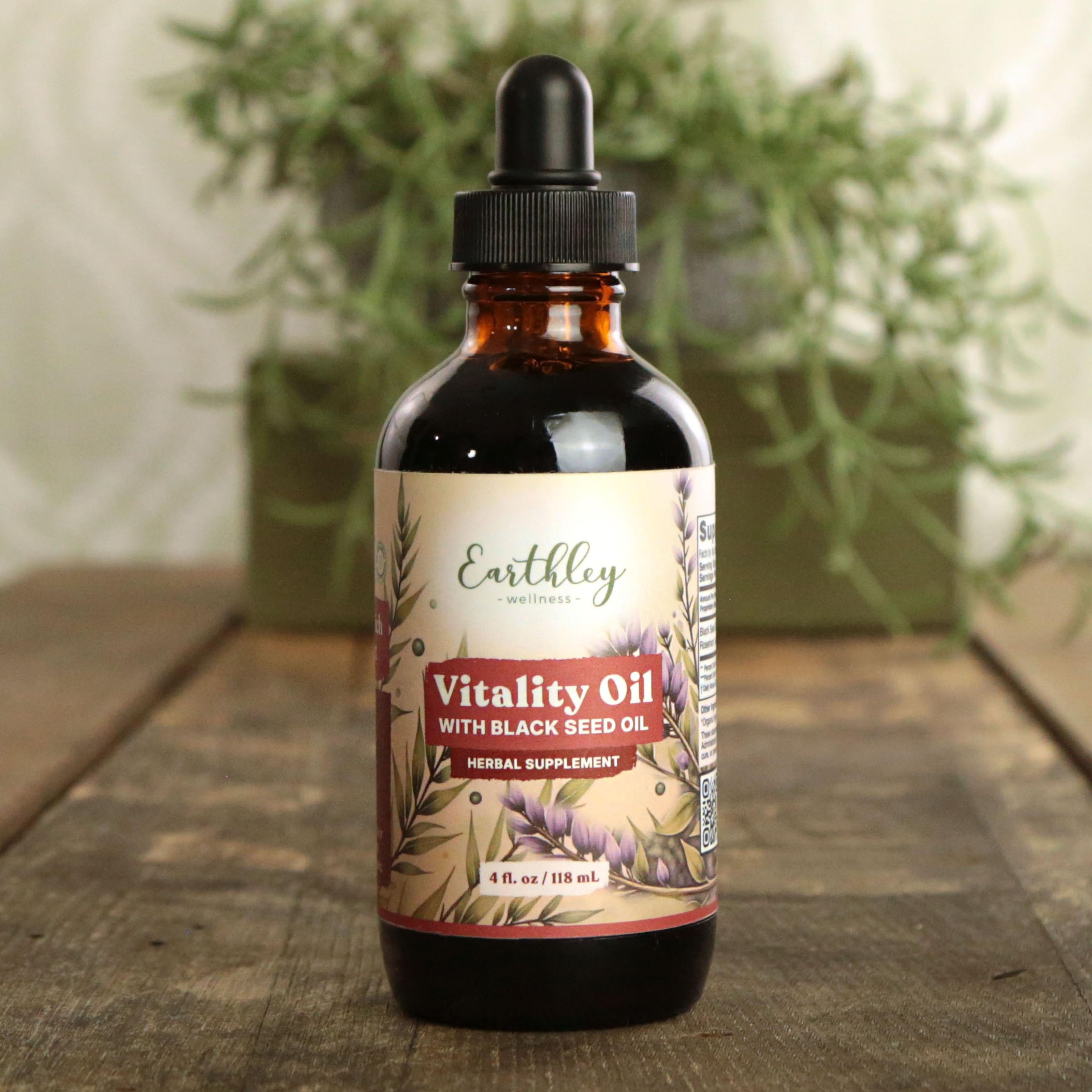
Antioxidant-rich liver support
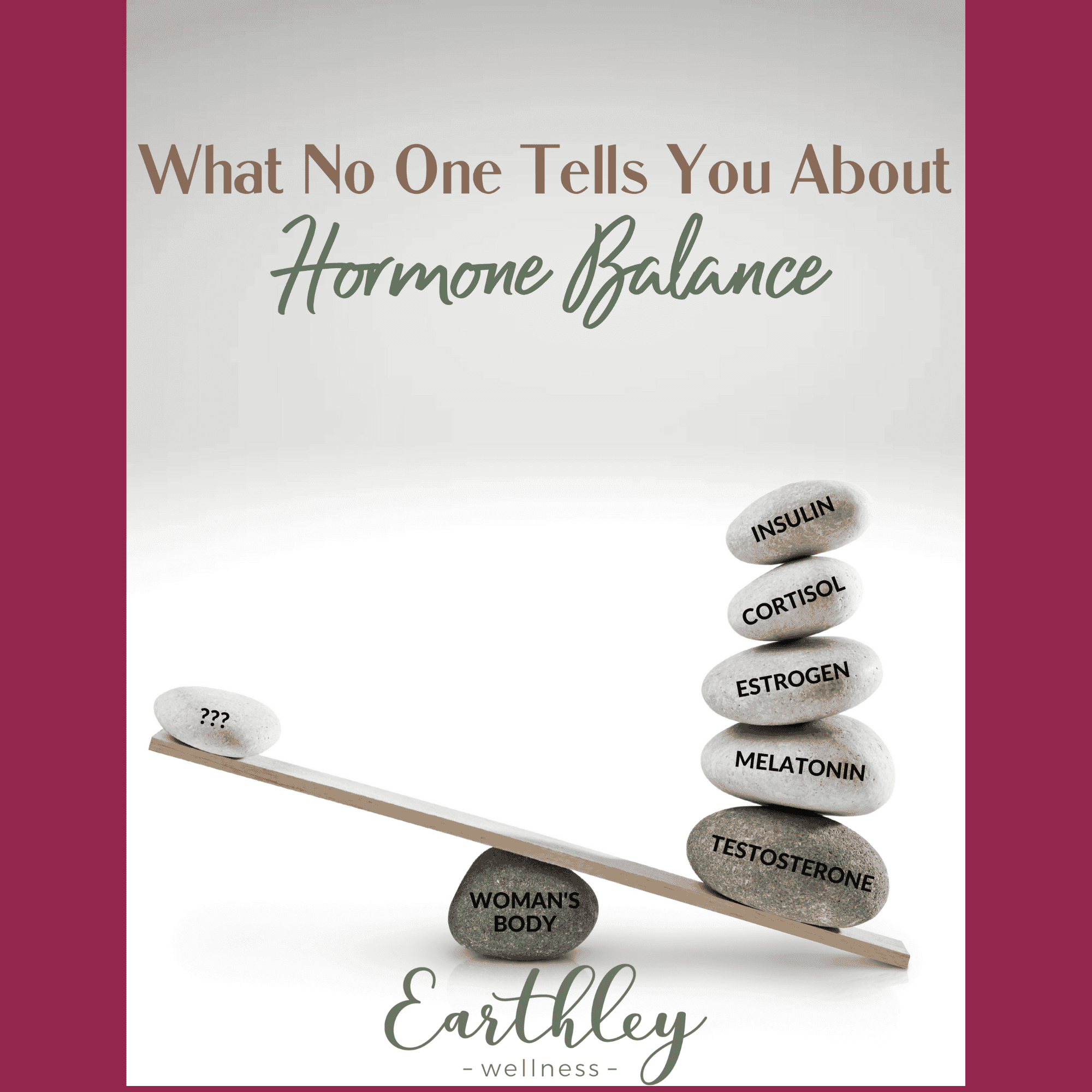
Resources:
[1] Cleveland Clinic. (2025, September 26). Liver: Where it’s located, function & anatomy. Cleveland Clinic. https://my.clevelandclinic.org/health/body/21481-liver
[2] Oregon State University. (n.d.). Organs with secondary endocrine functions. Open Oregon State. https://open.oregonstate.education/aandp/chapter/17-10-organs-with-secondary-endocrine-functions/
[3] Rhyu, J., & Yu, R. (2021). Newly discovered endocrine functions of the liver. World journal of hepatology, 13(11), 1611–1628. https://doi.org/10.4254/wjh.v13.i11.1611
[4] Charni-Natan, M. (2019). Liver and steroid hormones—Can a touch of p53 make a difference? Frontiers in Endocrinology, 10, Article 374. https://doi.org/10.3389/fendo.2019.00374
[5] Quiroz-Aldave, J. E., Gamarra-Osorio, E. R., Durand-Vásquez, M. D. C., Rafael-Robles, L. D. P., Gonzáles-Yovera, J. G., Quispe-Flores, M. A., Concepción-Urteaga, L. A., Román-González, A., Paz-Ibarra, J., & Concepción-Zavaleta, M. J. (2024). From liver to hormones: The endocrine consequences of cirrhosis. World journal of gastroenterology, 30(9), 1073–1095. https://doi.org/10.3748/wjg.v30.i9.1073
[6] Qiu, Y., Li, Y., Li, L., & Zhang, X. (2022). Gut microbiota–mediated immunological interactions as a bridge connecting the nervous and immune systems. Frontiers in Immunology, 13, 939631. https://www.frontiersin.org/journals/immunology/articles/10.3389/fimmu.2022.939631/full
[7] SFI Health. (n.d.). Hormone imbalance and the liver. https://au.sfihealth.com/health-insights/pms-cycle-regularity/hormone-imbalance-and-the-liver/
[8] Vermes, K. (2020, March 17). The Chinese body clock: About, benefits, research. Healthline. https://www.healthline.com/health/chinese-body-clock#health-benefits
[9] National Library of Medicine. (2025, June 30). Cirrhosis of the liver. MedlinePlus. https://www.medlineplus.gov/cirrhosis.html
[10] Prevention. (2023, March 1). Foods that boost liver function — best foods for liver health. https://www.prevention.com